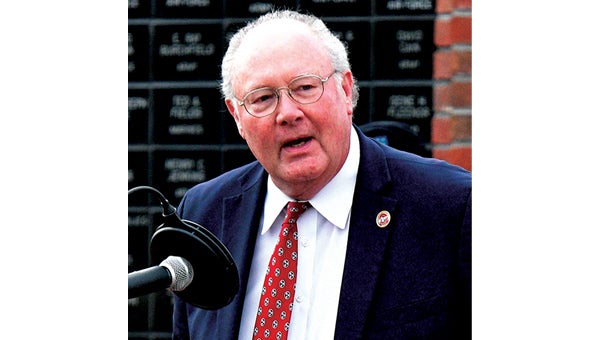Financial planner to teach college savings trends, techniques tonight
Published 10:31 am Tuesday, May 10, 2016
Education and employment statistics demonstrate an undeniable correlation between education level and earned income. From 2010-2014, the U.S. Census Bureau reports only 16 percent of Carter County residents over 25 years old had a bachelor’s degree or higher. As a whole, the county falls behind the national average of 30 percent.
For this reason, Thomas Davis, a financial planner with Edward Jones in Elizabethton, has planned a college savings workshop for parents and grandparents to learn methods of making their children’s dreams of higher education become reality. The presentation will take place on Tuesday, May 10 from 5-7 p.m. at the Elizabethton/Carter County Public Library.
He will discuss which school costs have changed, and how they continue to change, like the rising cost of room and board on top of increasing tuition expenses. In addition, he will explain how the application process works for scholarships and for the Federal Application for Student Aid.
But he said these aren’t the only ways means families can plan on utilizing.
“There are a lot of strategies I think people don’t know about,” Davis said.
By using various types of savings plans, he said families can reap additional financial benefits and can built a reliable financial plan for college for their children.
“I think it’s very good to get more folks in this area to go to college, and then to find a way to get them back here,” said Davis.
A national report from the Bureau of Labor Statistics in 2015 shows individuals with bachelor’s degrees or higher have a 2.8 unemployment rate and earn a median of $1,137 weekly. The same report shows those with a high school diploma are earn an average of $678 weekly and have a 5.4 percent unemployment rate.
In his profession, Davis said he sees numerous families sacrificing retirement plans in order to send their children to college ,and that rates continue to increase.
The time to start planning for college is now, he said, by asking the right questions and formulating strategies to meet those goals with savings plans.



